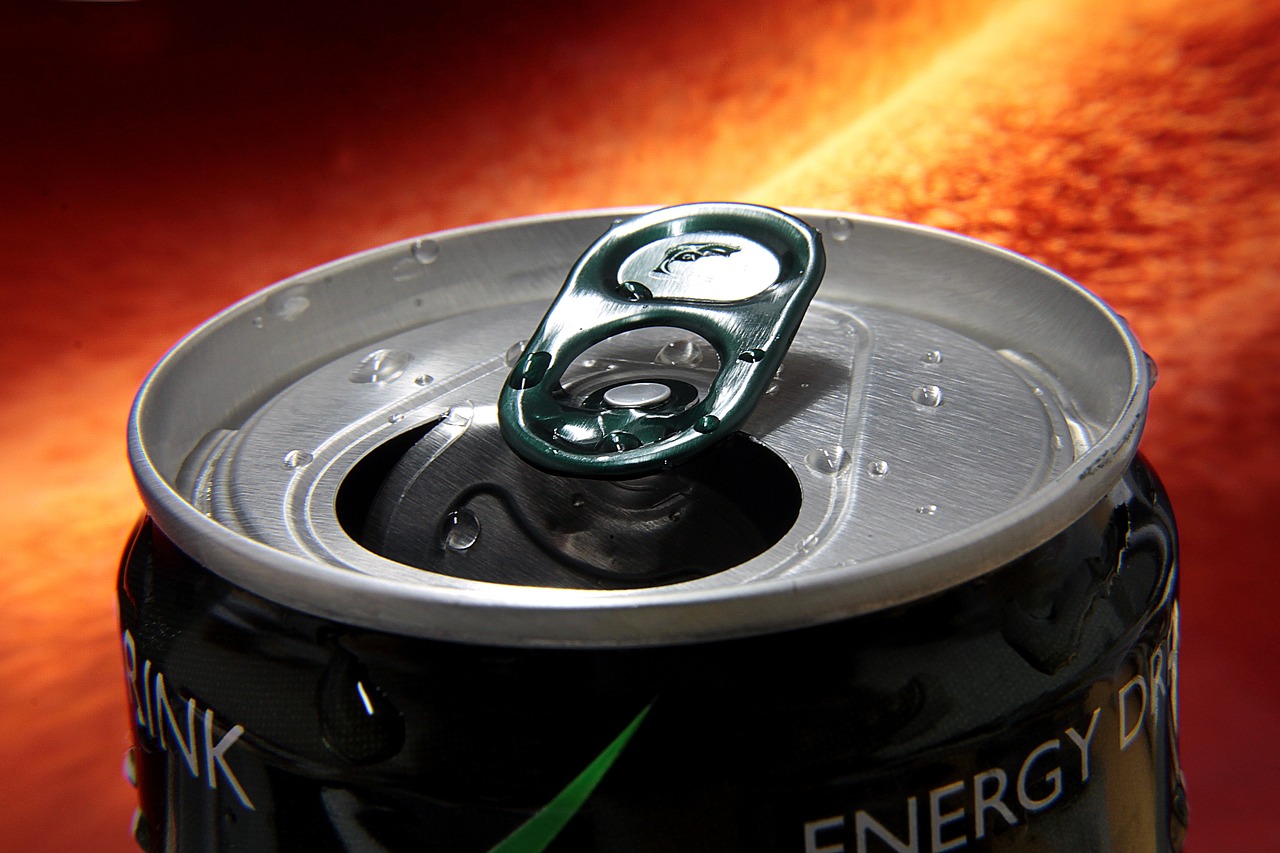Energy drinks, with their enticing promises of heightened alertness and boundless energy, have become a staple for many, particularly among teenagers and young adults. However, the increasing consumption of these beverages raises significant health concerns. In the UK alone, around 1.7 million people consume energy drinks multiple times a week, with a third of children indulging in these caffeinated beverages weekly. This article delves deeply into the potential hazards associated with energy drinks, shedding light on their ingredients, physiological effects, and the broader implications for public health.
Understanding Energy Drinks: Ingredients and Their Effects
Caffeine: The Primary Stimulant
Caffeine is the most recognized component of energy drinks, known for its ability to stimulate the central nervous system. A typical 330ml can of Coca-Cola contains approximately 33mg of caffeine, whereas a mug of instant coffee provides around 80mg. However, energy drinks like Red Bull and Monster pack a staggering 160mg of caffeine in a 500ml serving, with some brands like Sting containing up to 290mg. The consumption of such high doses can lead to physical dependence and a host of other health issues.
Additional Stimulants and Compounds
Beyond caffeine, energy drinks often contain a cocktail of other stimulants and compounds, including guarana, taurine, and L-carnitine. Guarana, a plant extract, contains additional caffeine, compounding the stimulant effect. Taurine, an amino acid derivative, is purported to have various benefits, but excessive consumption may lead to acute kidney injuries. These ingredients, combined with high sugar content, create a potent mix that significantly impacts the body.
Sugar and Sweeteners
A 500ml can of Red Bull contains about 54g of sugar, equivalent to 13.5 teaspoons. While some brands have introduced sugar-free alternatives, the use of artificial sweeteners like aspartame and sucralose raises additional health concerns. These sweeteners can still affect insulin levels and blood sugar control, potentially leading to dependence and other metabolic issues.
Physiological Impacts of Energy Drink Consumption
Cardiovascular System
High caffeine intake affects heart rate and blood pressure. Studies indicate that energy drinks can raise the risk of abnormal heart rhythms, known as arrhythmias. The overstimulation of the adrenergic system, which regulates heart and central nervous system functions, can lead to medical emergencies such as acute mania and stroke. In some cases, individuals with underlying heart conditions have experienced sudden cardiac arrest after consuming energy drinks.
Mental Health
The impact of energy drinks on mental health is profound. Regular consumption has been linked to increased anxiety, depression, and suicidal thoughts, particularly in teenagers. The disruption of sleep patterns due to excessive caffeine intake exacerbates these issues, leading to a vicious cycle of dependence and mental health deterioration.
Gastrointestinal and Metabolic Effects
The high caffeine and sugar content in energy drinks can cause gastrointestinal disturbances, dehydration, and tachycardia (a resting heart rate exceeding 100 beats per minute). The combination of caffeine and artificial sweeteners also affects metabolism and insulin levels, potentially leading to long-term health problems such as obesity and diabetes.
Risks for Children and Adolescents
Energy drinks are aggressively marketed towards young people through associations with music, gaming, and extreme sports. These marketing strategies, combined with the affordability and accessibility of energy drinks, contribute to their widespread consumption among teenagers. Research indicates that adolescents who consume energy drinks regularly are more likely to experience disrupted sleep, poor academic performance, and serious mental health issues.
Marketing Tactics and Accessibility
The promotion of energy drinks through multi-pack deals and sponsorships has made them more attractive to young consumers. This aggressive marketing, often featuring sexualized imagery and endorsements from popular figures, reinforces the appeal of energy drinks to teenagers and young adults.
Academic and Mental Health Implications
Studies show a clear link between energy drink consumption and academic underperformance. The stimulant effects of caffeine, combined with disrupted sleep patterns, negatively impact cognitive function and learning. Moreover, the mental health issues associated with energy drink consumption can further hinder academic and personal development.
Regulatory and Public Health Considerations
Current Regulations and Recommendations
While some countries have implemented regulations on the sale of energy drinks to minors, the UK has yet to take significant steps in this direction. The NHS does not currently track energy drink consumption in patient data, making it challenging to establish clear causal links between energy drinks and health emergencies.
Recommendations for Manufacturers
Experts recommend that energy drink manufacturers should clearly state the daily intake limits for their products and place more prominent warning labels on packaging. Additionally, separating energy drinks from regular soft drinks in stores and increasing public awareness about their potential risks could help mitigate the health impacts.
Conclusion
Energy drinks pose a range of health risks, particularly for teenagers and young adults. The high caffeine and sugar content, combined with other stimulants and artificial sweeteners, can lead to serious cardiovascular, mental health, and metabolic issues. Increased regulation, clearer labeling, and public education are crucial steps in addressing these dangers and protecting public health.




